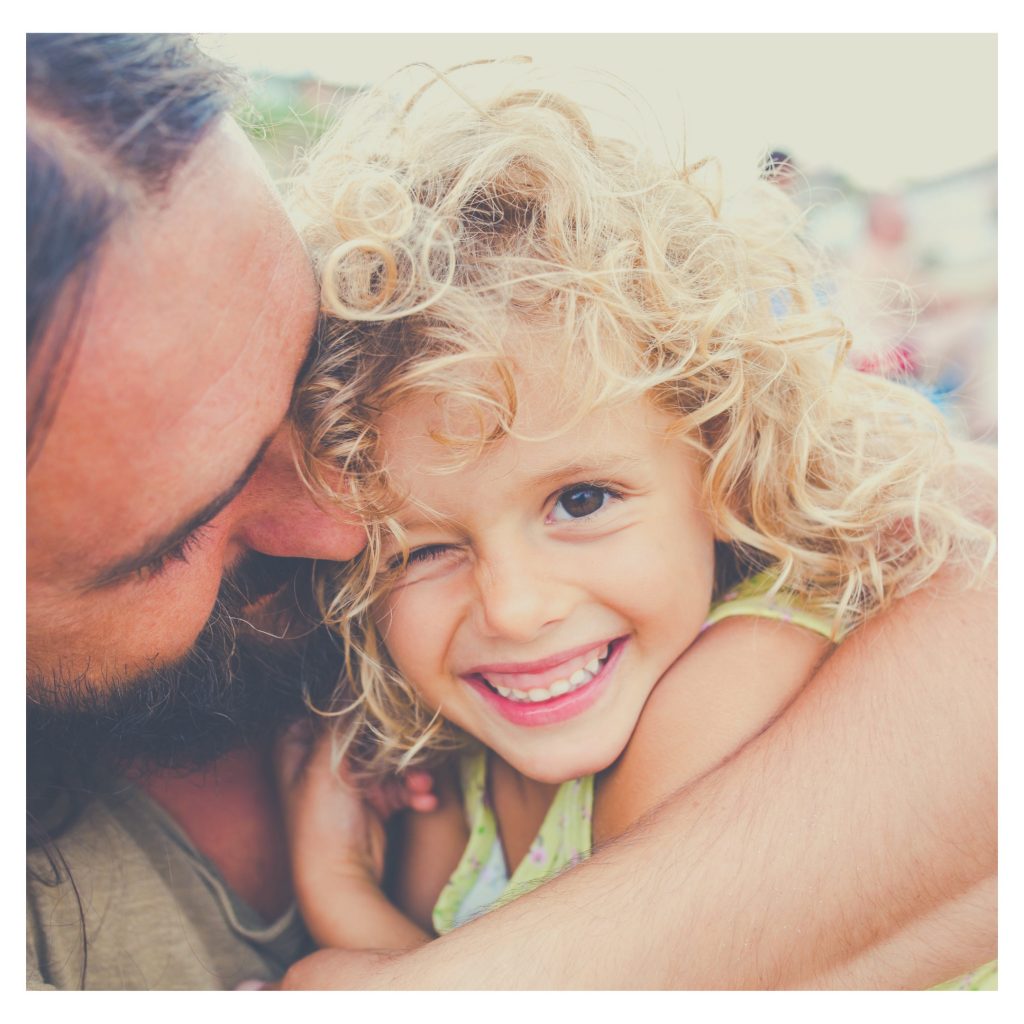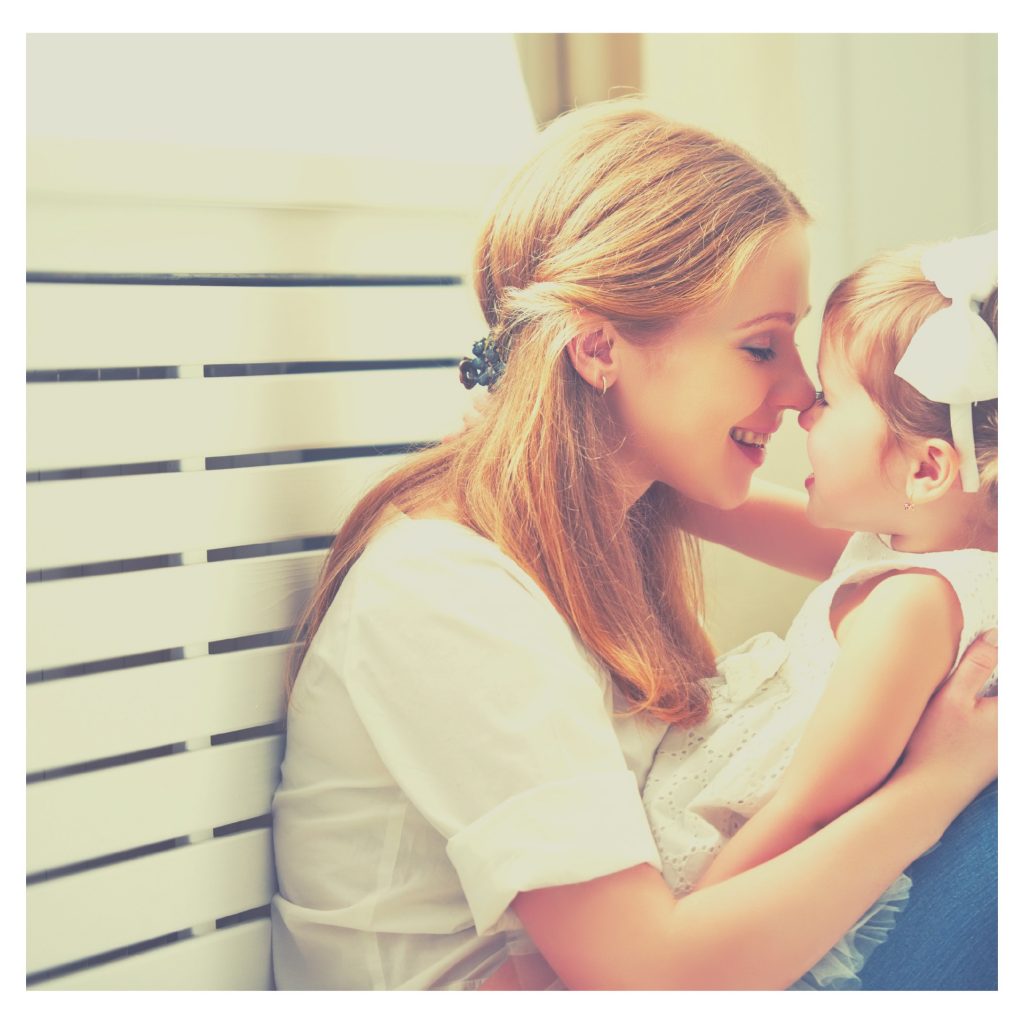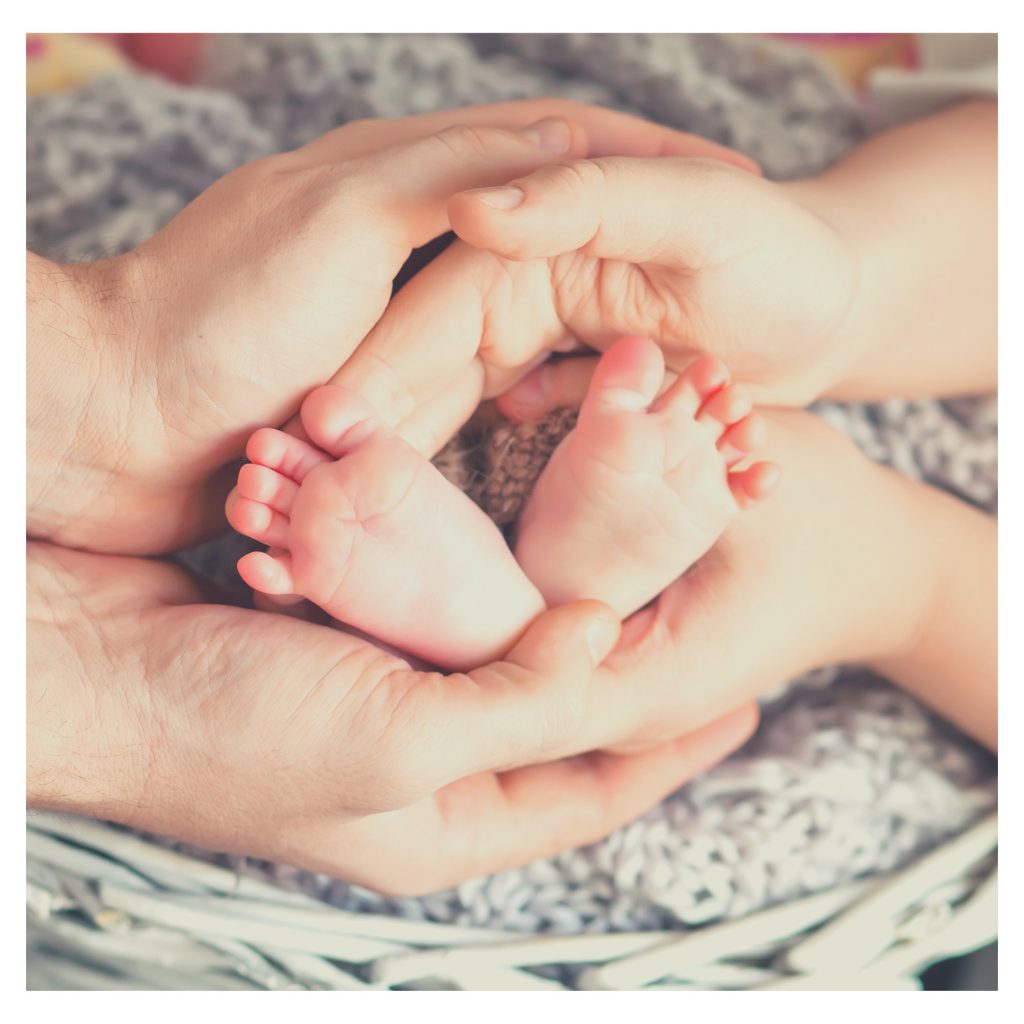Conscious Parenting is the buzzword of the moment. We met with parenting expert Caroline Hanson to find out what it is and more importantly, how we can do it.

When Gwyneth Paltrow consciously uncoupled from Chris Martin, no one had a clue what that meant. Were they together still? Was that divorce? This word, conscious, is still a little elusive.
So what does conscious mean when we refer to parenting? It means making informed, deliberate, intentional and loving responses to our child(ren) in the heat of the moment. It means taking time for ourselves to ensure that we are well cared for, nourished and nurtured to best tend for our offspring. And it means rejecting instinctive patterns so that we can be the parent we want to be.
Why is it relevant to you? In our 100 miles-per-hour lives, our bodies and minds are stressed and put under constant pressure. This triggers our survival mode in which learning new skills becomes a challenge at best; at worst it is impossible to implement new strategies. This is true for all elements of our lives, especially those which we find most emotive. Parenting is one of the most emotive of all and so the most difficult area to avoid slipping into fixed and impulsive reactions. Through calm, considered and intentional responses, which we have deliberately chosen in advance, we can move towards being the best parent we can be.
This is conscious parenting and it is relevant to you because in raising the future, parents have the most influential role in the world.


In practice, there’s a few things you have do to set you on the path to Conscious Parenting.
- Self care is the foundation of Conscious Parenting. Martyrdom is not. Through caring for yourself, you will find depths to your strength which you hadn’t uncovered before. So take a bath, read a good book, sit quietly, write a gratitude diary. Take time for yourself every single day. 5 minutes will do it!
- When your child hurts themselves, refrain from comment. Hold them close when they are ready – avoid ‘Be brave! Don’t cry!’ Try instead ‘I’m here. You’re safe.’ Allow them to feel their pain rather than suppress it. They will still learn courage – the courage to accept feelings as they are.
- Ruffle their hair, kiss their forehead, hold them close. Take every opportunity to let your child(ren) know you love them through your actions more than your words. Do ordinary things with extraordinary love.
Find out more from Caroline at www.loveparentlove.co.uk and #loveparentlove
